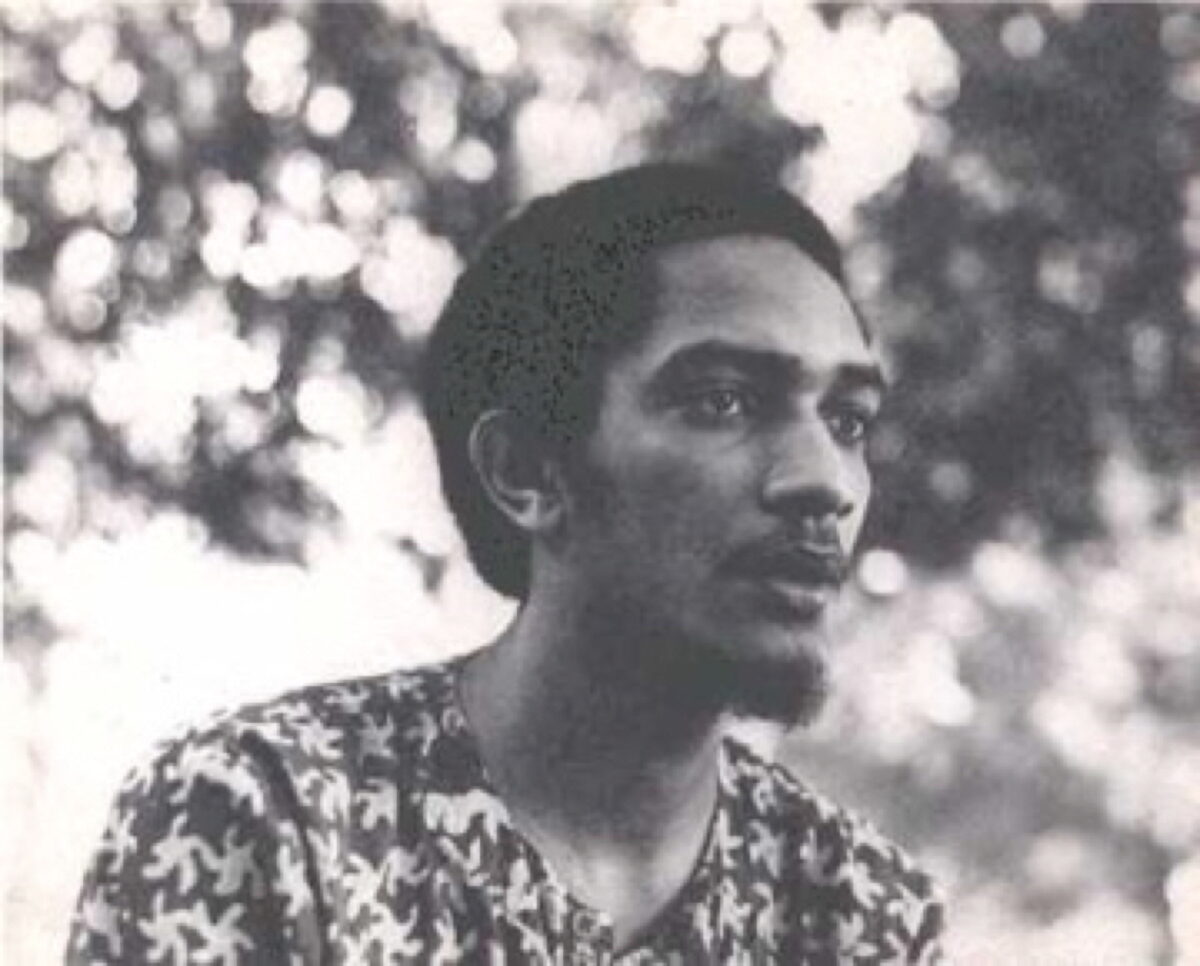Take the Rwandans, for example. Their war was far worse than ours. And their recovery has been funded largely by exports of bananas and other agricultural products. Yet, their progress has gone farther and faster than Liberia’s, with all our iron, timber, diamonds and now oil.
How come? In my view, two often-ignored factors explain the Rwandan “miracle.
First, they had the audacity to believe that they are equal to Westerners and other non-Africans, in intellect and creativity. As a result, Rwandans accepted help if it fit in with their plans. And when it didn’t, they had the self-confidence and self-respect to say no thanks.
In short, they relied on their own creative solutions. Not on the advice of “international partners. Not on newly minted NGOs with no track record. Not on 29-year-old “consultants” whose expertise derived solely from being Europeans or Americans.
Another factor was perhaps more important. Rwandans engaged in longterm planning. That required deep thinking and lots of discussion about their choices. In contrast, Liberians remained obsessed with material things: the latest cars, hurriedly built roads and the biggest, most elaborate headties! Thrown to the wayside were abstract foolishness like building codes, standards for road construction and even certification of teachers.
What did ignoring ideas give us? Rapidly deteriorating roads, university classrooms that crumble before they are occupied and a lost generation armed with multiple degrees but little or no education.
An early step in Rwanda’s recovery was writing a completely new, more inclusive history. Why? Because the path to a better future lies in an understanding of the past and a respect for the contributions of one’s ancestors. Because, as every thinking person knows, “a house divided” can never, ever, ever prosper.
Liberians, meanwhile, remain straddled with a history that fuels a deep inferiority complex and implacable hatreds of each other. Indigenous Liberians often blame Conger people for this. Some Conger Liberians say its the responsibility of indigenous historians. Most citizens fault the government. And government officials blame Ebola or Covid!
Of course, a disproportionate share of the blame rest on elected officials. So too, “international partners” with their cookie-cutter prescriptions and the countless NGO vultures feeding off international disasters. But, truth to be told, no one can save us from us but us.
The truth is, Liberian history was written by Westerners to serve their interests.

